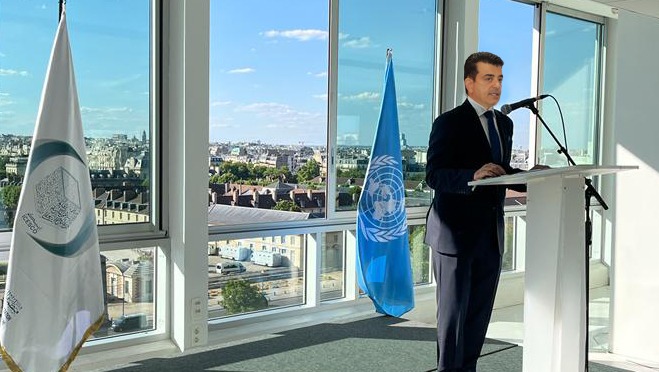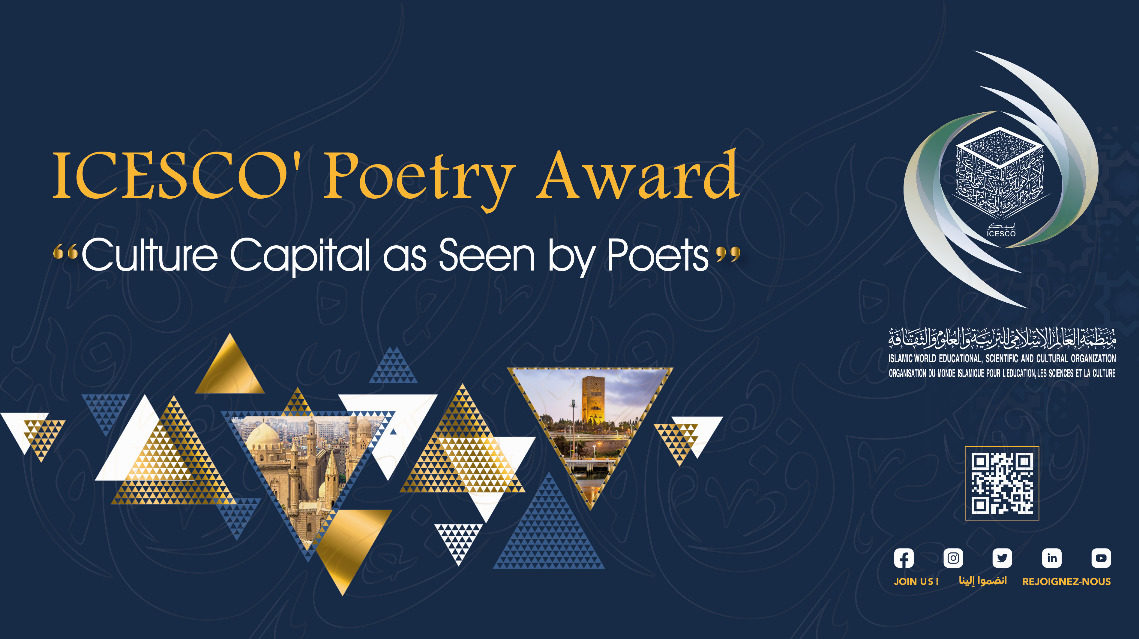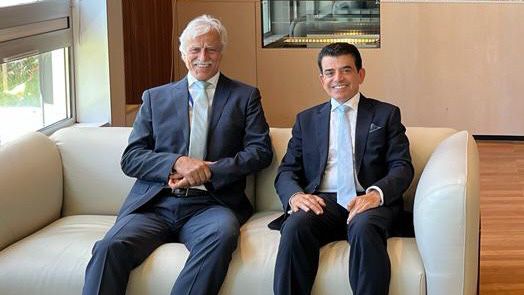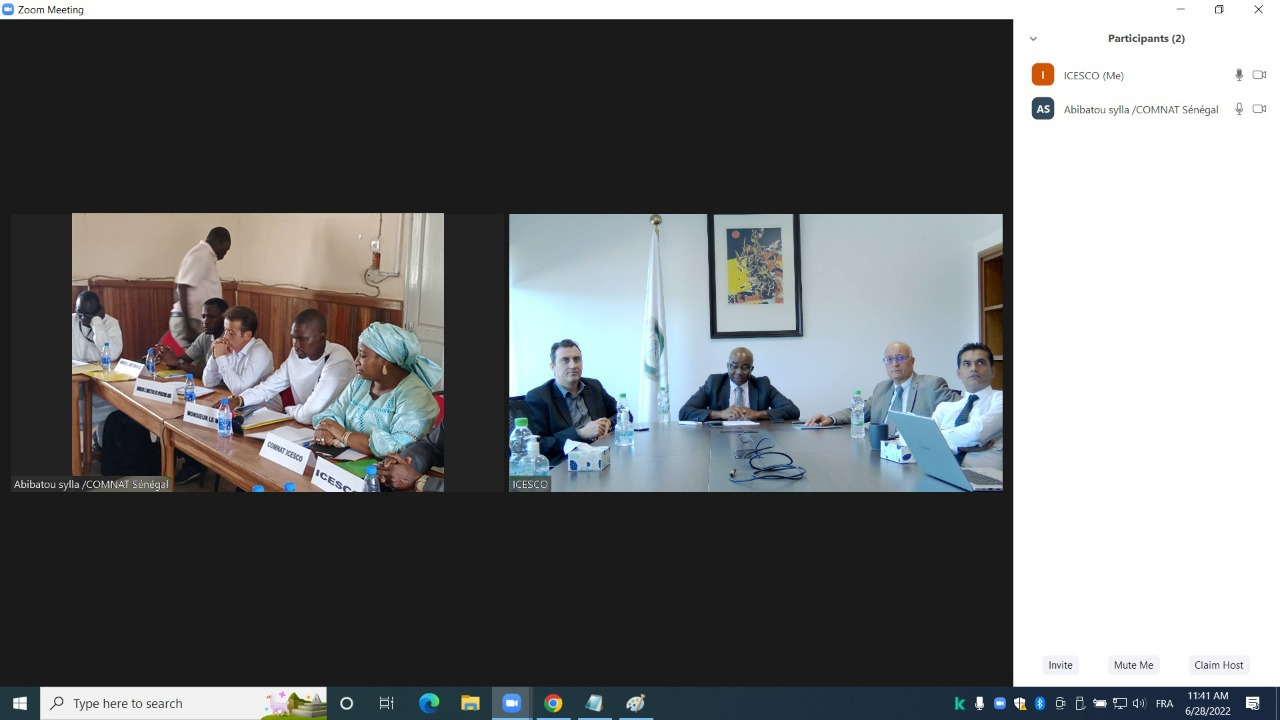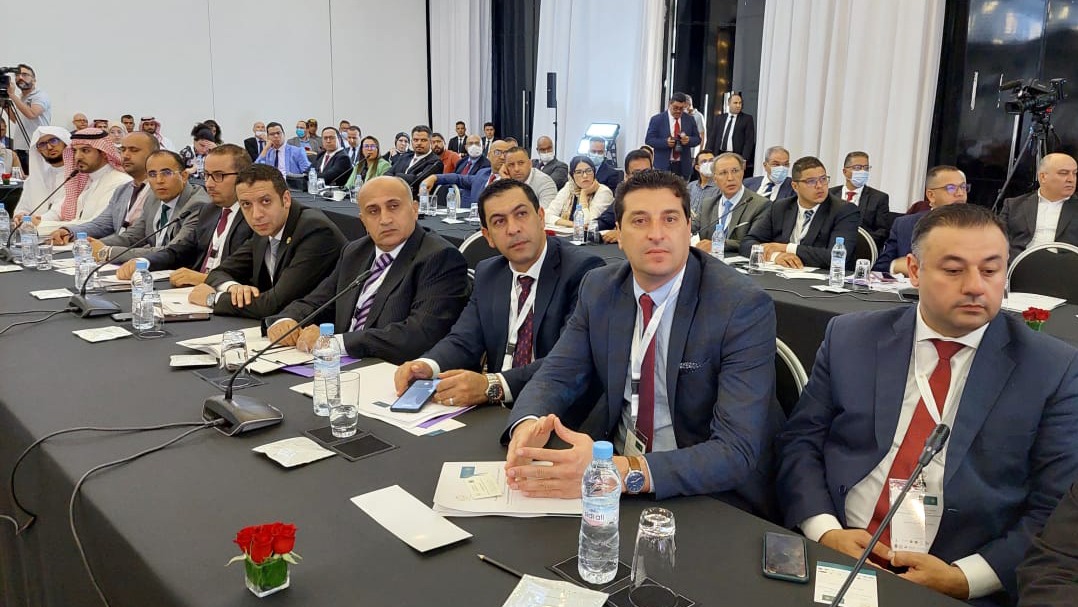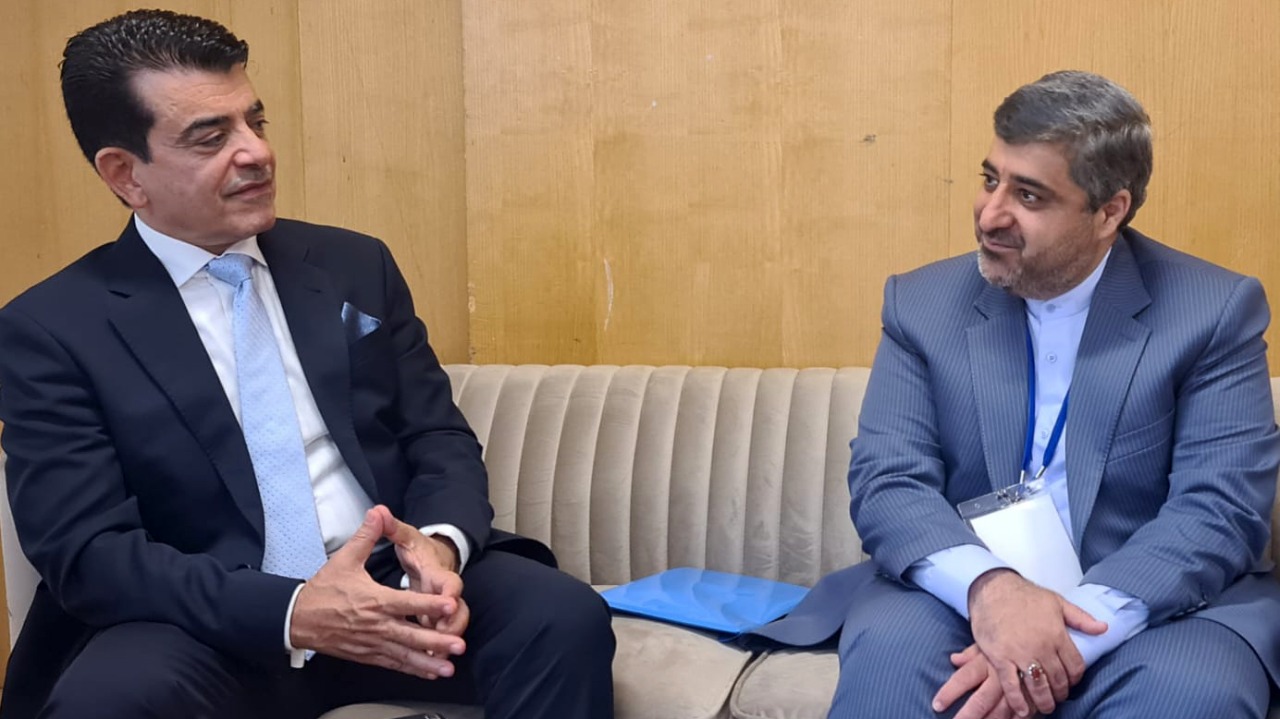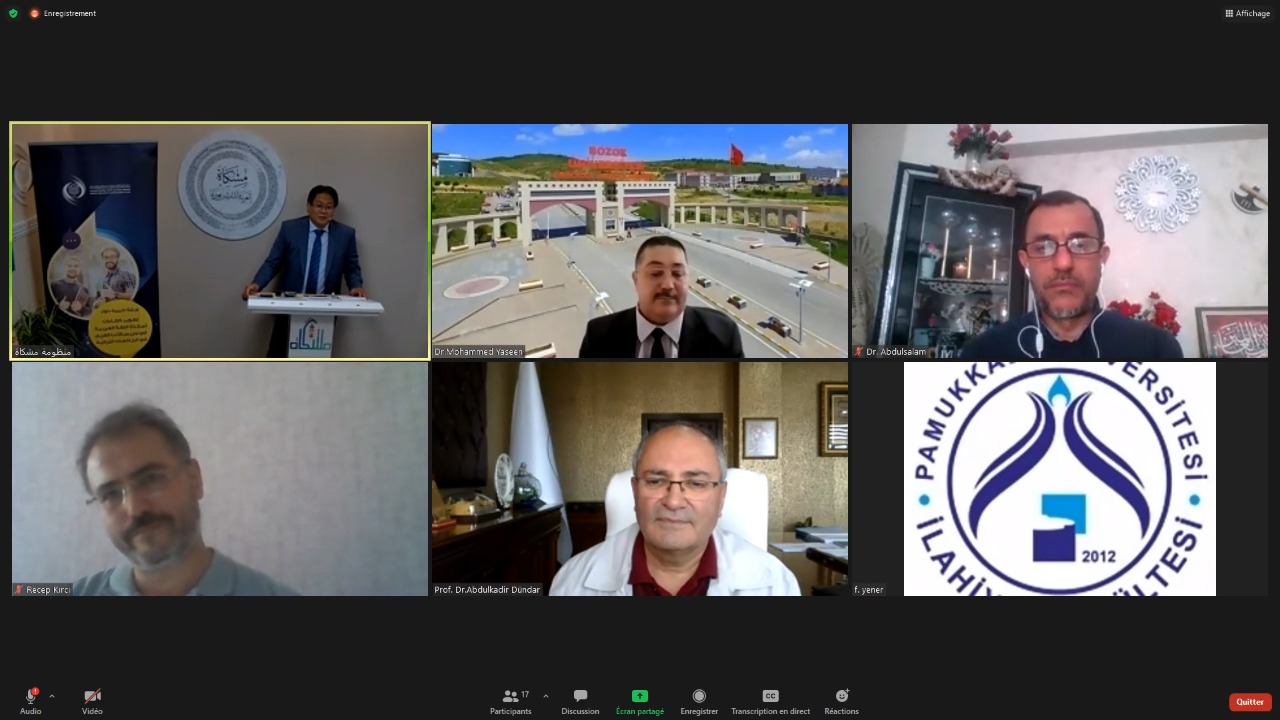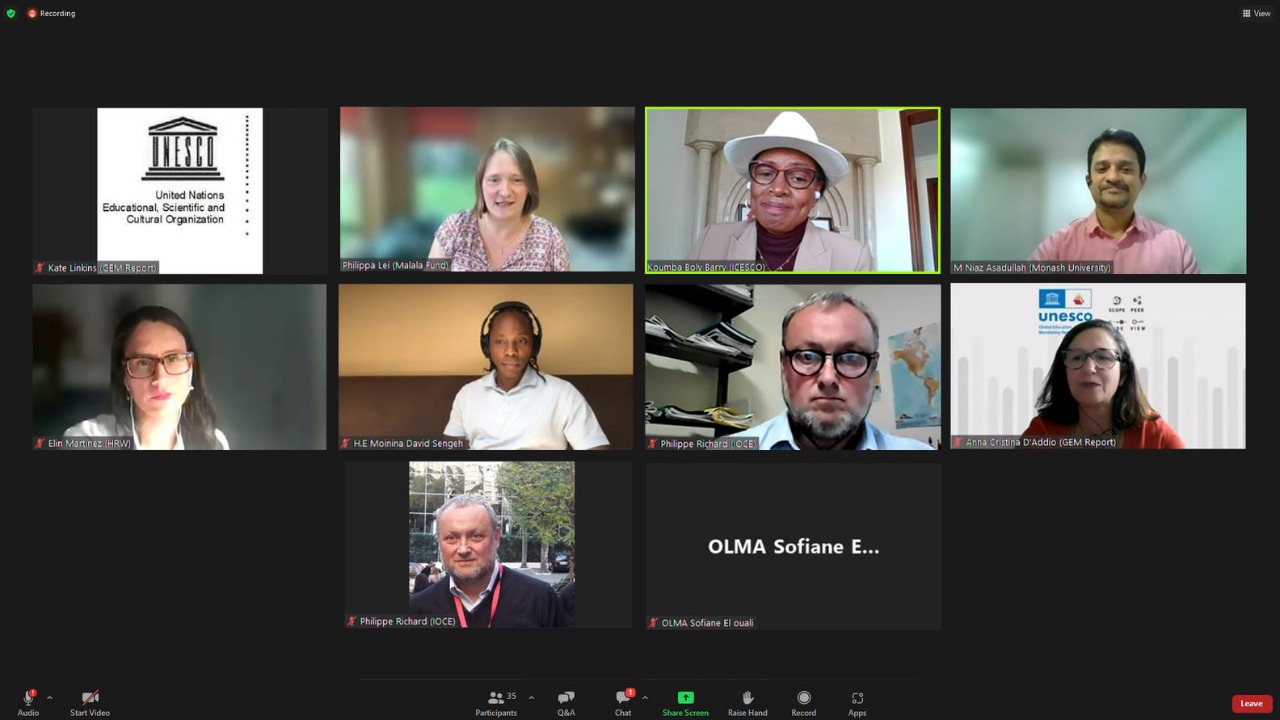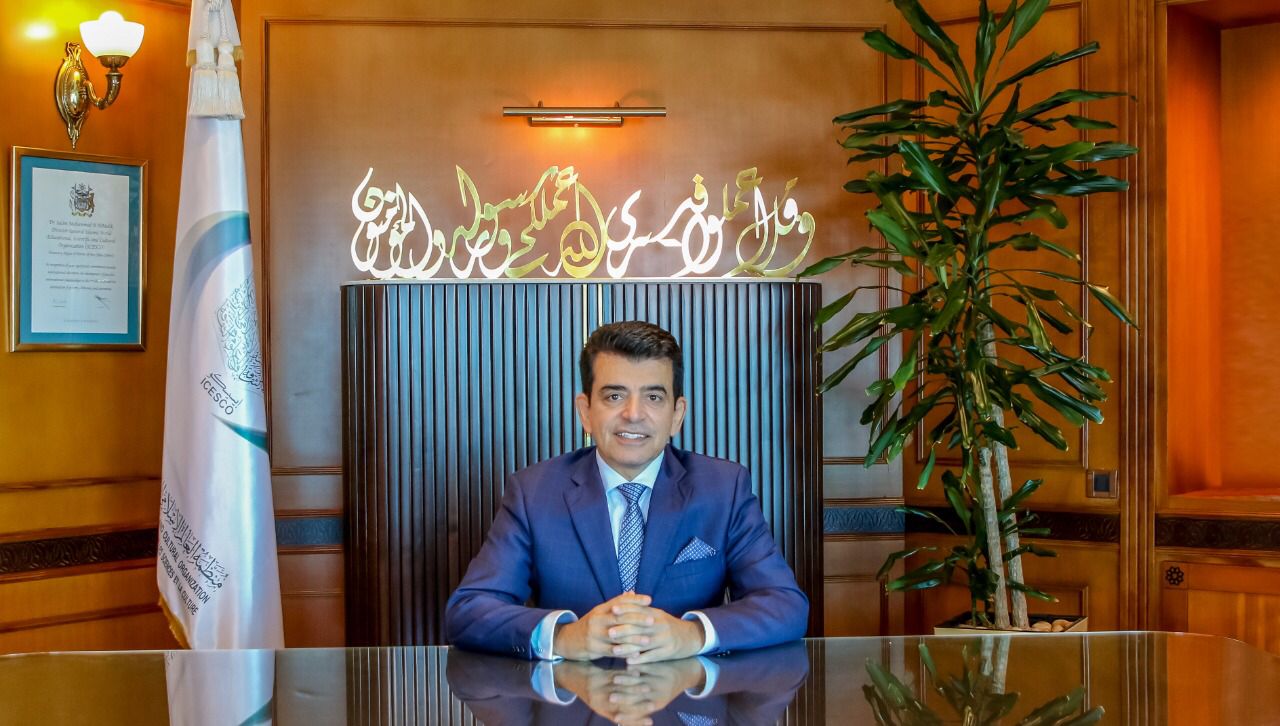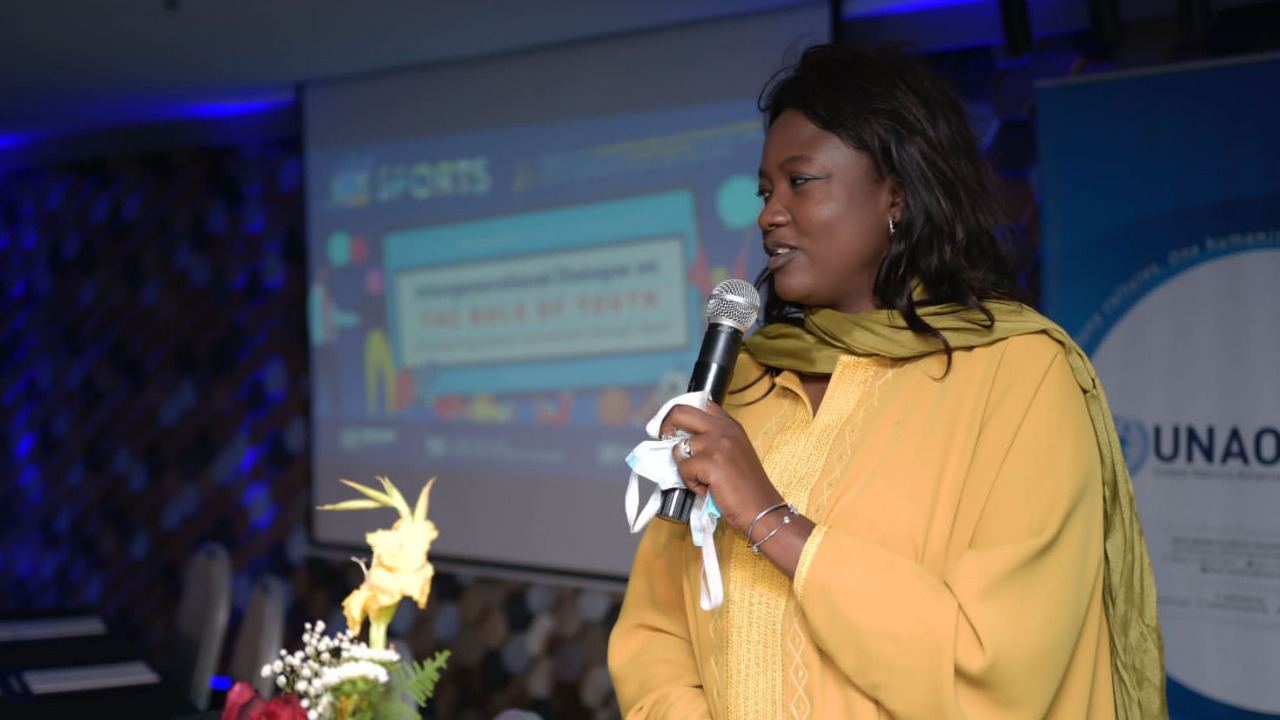AlMalik: Transforming Education and Developing its Systems Require Cooperation between Countries and Specialized Organizations
Dr. Salim M. AlMalik, Director-General (DG) of the Islamic World Educational, Scientific and Cultural Organization (ICESCO), stated that in light of digitization’s fast-tracking pace, the right to education must entail comprehensive digital education that strengthens the involvement of individuals in various fields of cultural, economic, political and social life. ICESCO DG noted that education is constantly evolving, which in turn will transform the schools of tomorrow into advanced digital schools that rely on artificial intelligence technologies.
ICESCO DG made this statement in an address he gave during a reception hosted by ICESCO on Tuesday, June 28, 2022, at UNESCO headquarters in Paris, for Member States’ delegations taking part in the UN Transforming Education Pre-Summit.
In his address, ICESCO DG called for taking advantage of the potential of digitization to promote free education, adopt teaching methods that meet learners’ needs, respect diversity and inclusion and update legal frameworks to protect data.

He added that transforming education and developing educational systems require serious and continuous cooperation between countries and specialized international organizations, to strengthen partnership, regardless of the differences in interests since the destiny of humanity is one. He added that ICESCO seeks to support its Member States in developing comprehensive, sustainable and equal educational systems, through investing in education in the Islamic world, exchanging experiences, implementing programs and projects and holding workshops, in order to find solutions based on modern technologies and innovation to provide education for all.

Following the address, the reception witnessed rich discussions between the participants and the ICESCO delegation headed by Dr. AlMalik, in an effort to draw a practical vision on the key educational issues, which can be proposed for discussions at the UN Transforming Education Summit in New York in September 2022, as well as the initiatives that can be proposed through the Summit, to be part of the global action program for the development of education.


For their part, the participants stressed the importance of sustaining coordination between ICESCO and its Member States to address education challenges, exchange experiences and best practices in facing these challenges. They stressed the need to develop an in-depth understanding of ways to transform educational institutions to keep pace with developments that the world is witnessing, ahead of their participation in the UN Transforming Education Summit.




